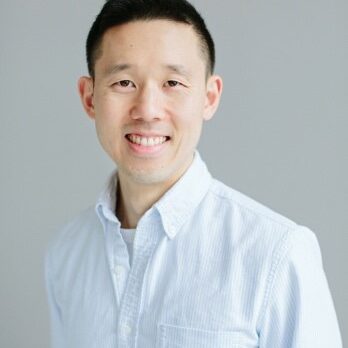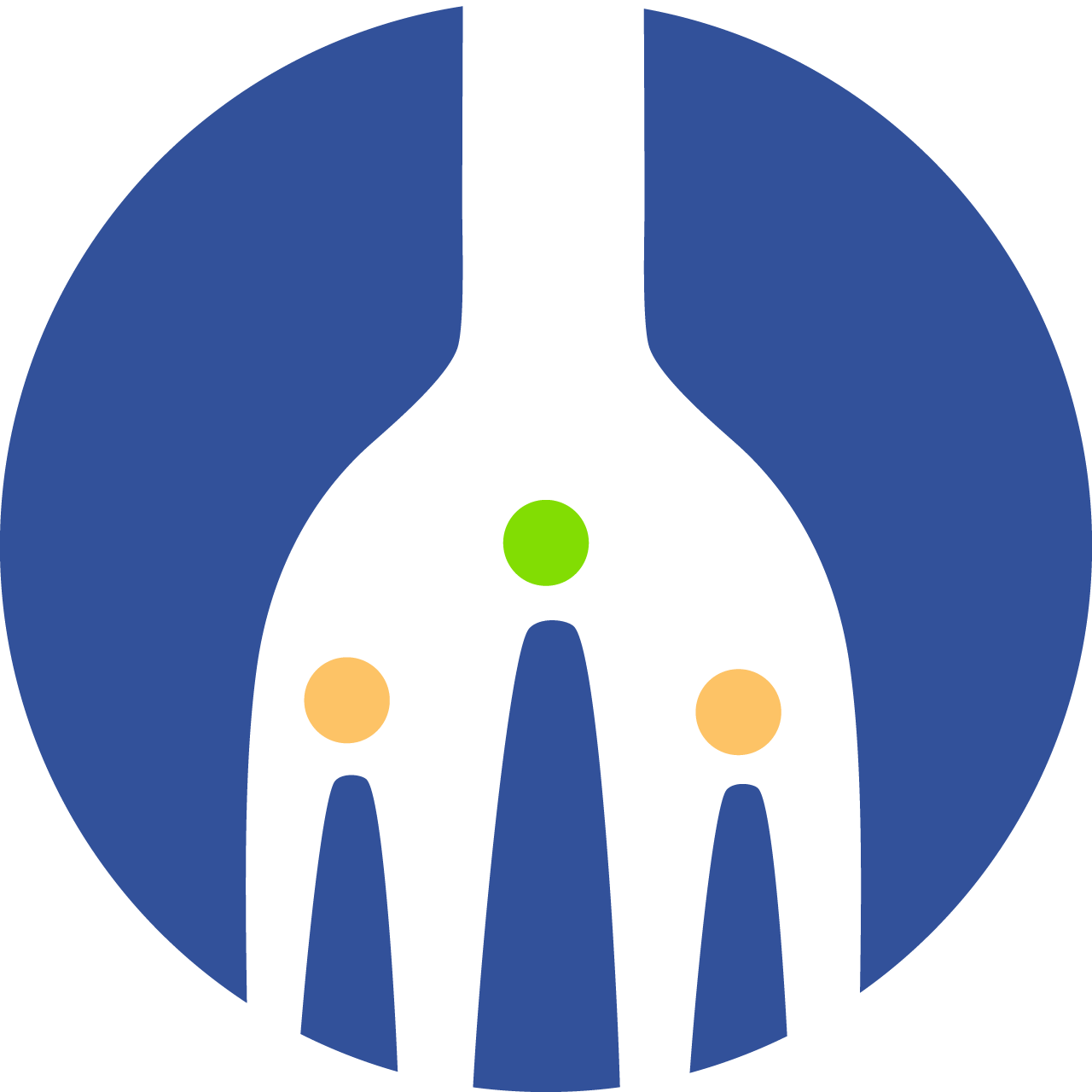“Do you know anyone else who has celiac disease?”
This is a question I ask each of my patients because I think it is important that those with celiac disease have an opportunity to meet others on a similar gluten-free journey, understand that they are not alone, and share stories of lessons learned. Unlike other chronic medical conditions, celiac disease can be treated effectively by the seemingly straightforward act of removing gluten from the diet. But the practical implementation of a rigorous gluten-free diet while maintaining the semblance of a normal life can be exhausting. Our patients and families take on this challenge daily and it becomes their new normal. This is what it takes to stay healthy, and we hope to provide the best support possible for their journey by providing clinical care, advocacy, community, and resources like this website: eatliveceliac.org.
We created the Celiac Program at Seattle Children’s Hospital in 2016 to bring people together and create a community of individuals sharing the common goal of providing the best care for families with celiac disease. Early on, we learned that many individuals were diagnosed with celiac disease, taught once about implementing a gluten-free diet, but never provided clear direction for ongoing care and partnership.
The first group brought together was the hospital-based team of dietitians, medical practitioners, social workers, nurses, laboratory medicine experts, and a family support specialist. Celiac Clinic was created and a framework to guide comprehensive care in diagnosing and providing ongoing management of celiac disease was established.
Quarterly Support Groups were started to bring youth and families together to meet and begin the process of weaving a larger community. These groups have ranged from 15 to over 100 individuals—everyone unique, but each understanding the daily challenge of avoiding gluten. Together we have laughed, wept, dined, and looked into the faces of others who get the journey of being gluten-free in a world where gluten seems to be everywhere.
The Celiac Youth Leadership Council (CYLC) was created in 2018 and is comprised of youth who are willing to go through a college-style application process to become a voice for other youth with celiac, mentor others, and learn to become advocates for themselves and their peers with celiac. Though I may be a doctor specializing in celiac disease and nutrition, our youth with celiac are the de facto experts on living with celiac disease. They live the struggle and rejoice in the victories. Our youth have spoken on national television about their experience with celiac disease, organized gluten-free food drives in their schools, been panelists at educational events, and have shared their personal journey with celiac disease—because they believe that this will help other children.
The Celiac Program Advisory Board was formed in 2020, just prior to the COVID-19 pandemic. Though our hospital-based team may have expertise in the medical and nutritional aspects of celiac disease, living with celiac disease is truly about being able to function in society. This includes pediatricians who are front-line screening for celiac disease, chefs/waiters/waitresses at local restaurants who are ensuring that gluten cross-contact is not occurring, food manufacturers producing delicious GF foods, teachers who make sure children with celiac are safe and included, and friends/family/neighbors who understand that bringing your own food does not at all diminish your love or respect for them.
The Celiac Program Advisory Board has guided the development of the eatliveceliac.org website to be a resource for individuals in the Pacific Northwest and beyond. Our hope is that eatliveceliac.org will be a place for you as individuals with celiac disease, family members, medical professionals, or community members can easily access what our Celiac Disease Program has created to share with our patients. Our website will talk about the science/research on celiac disease, give resources for a gluten-free diet, and share stories about individuals and families touched by celiac disease.
Thank you for being part of this community—we hope that what we share will help you to also share your story. We may be individual voices—but we are strong together!
Sincerely,
Dale Lee, MD, MSCE
Director, Celiac Disease Program
Associate Professor of Pediatrics

